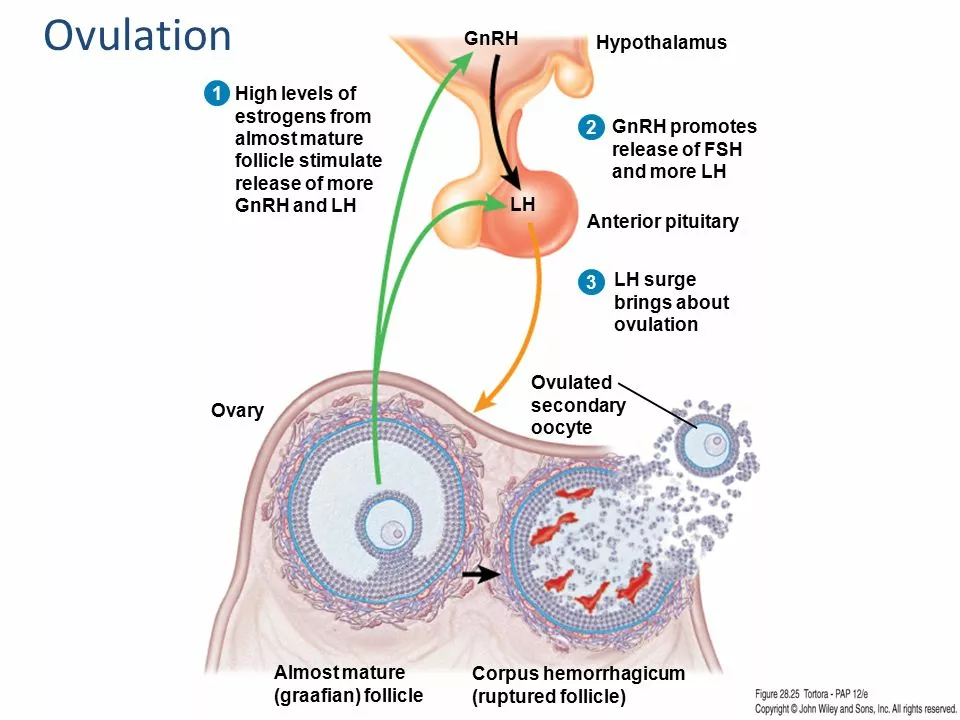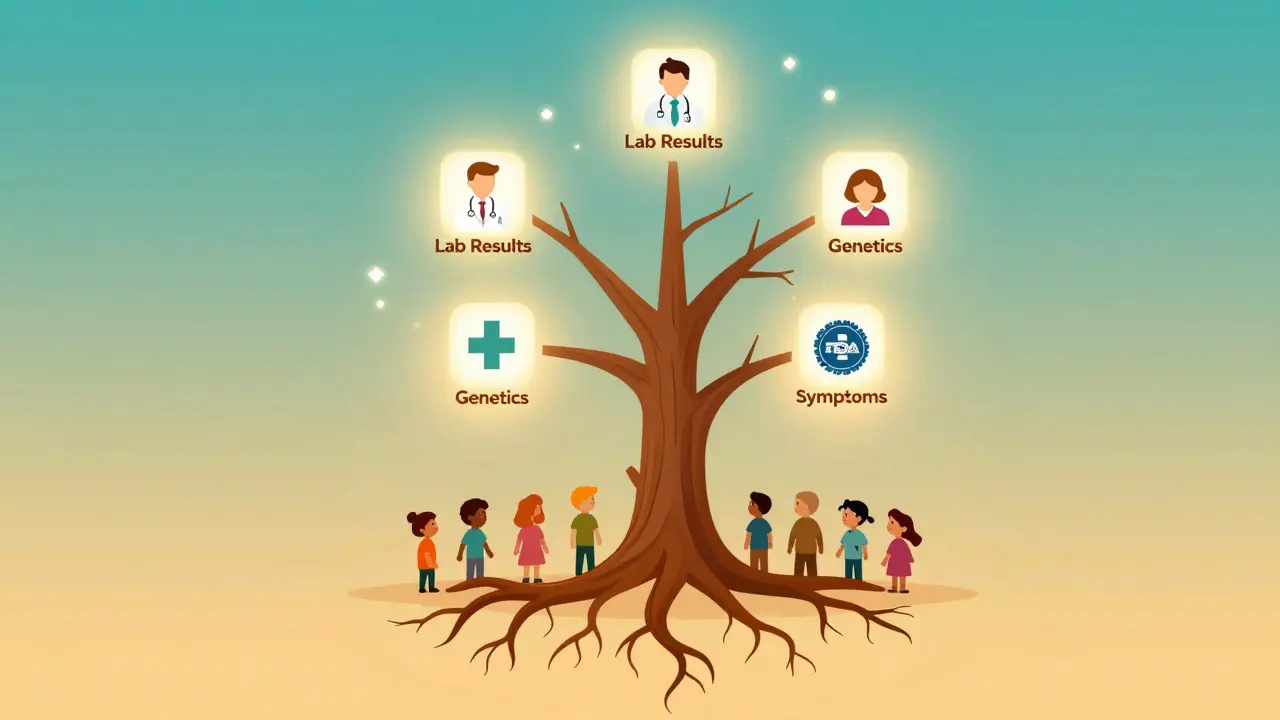Menstruation: Practical Tips for Managing Your Period
Periods are normal, but they don’t have to wreck your week. Whether you get cramps, heavy flow, or mood swings, there are simple steps you can try at home and smart options to discuss with your doctor. Below are clear, practical ideas for pain relief, handling heavy bleeding, tracking your cycle, and safe supplement use.
Quick relief: meds and home care
Start with over-the-counter pain relief and basic self-care. NSAIDs like ibuprofen or naproxen reduce cramps and bleeding; follow the label or your doctor’s advice. Heat packs on the lower belly for 15–20 minutes, light movement (walking or yoga), and steady sleep all help. Avoid excessive caffeine and salty foods the day before your period if you notice bloating or tension.
If OTC meds aren’t enough, hormonal options can cut cramps and make periods lighter. Combined birth control pills and some progestin-only methods often reduce bleeding and pain after a few cycles. A levonorgestrel IUD can greatly reduce heavy flow for many people. If you’re reading about Estrace or estradiol, note those are usually used for hormone therapy in specific situations — talk with a provider to see if any hormonal approach fits you.
Supplements, nutrition, and tracking
Iron is the top supplement to think about if your periods are heavy. Low iron causes fatigue and brain fog. A common oral option is ferrous sulfate (check the label for elemental iron) but get your hemoglobin or ferritin checked before starting high-dose iron. Magnesium (200–400 mg/day) can ease cramps for some people, and a daily multivitamin with B vitamins may help mood swings. Always mention supplements to your clinician — they can interact with meds.
Track your cycle for patterns. Use a simple app or a notebook to record flow, pain level, mood, and sleep. When you spot regular trouble (very heavy bleeding, predictable severe pain, or missed periods), bring your notes to your appointment — it speeds up diagnosis.
Heavy bleeding that soaks a pad or tampon every 1–2 hours, passing large clots, fainting, or dizzy spells mean you should seek medical care right away. Also see your provider for very irregular cycles, sudden severe pain, or if birth control isn’t giving the relief you expected.
Small changes often make a big difference. Try heat and gentle movement first, add NSAIDs as needed, consider iron if your flow is heavy, and get help when symptoms interrupt your life. If you want, check our related articles on hormonal treatments and safe places to buy medications online to learn more about options and how to get them safely.






